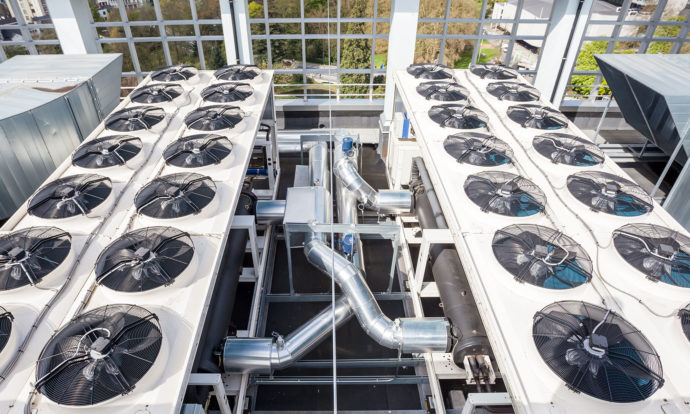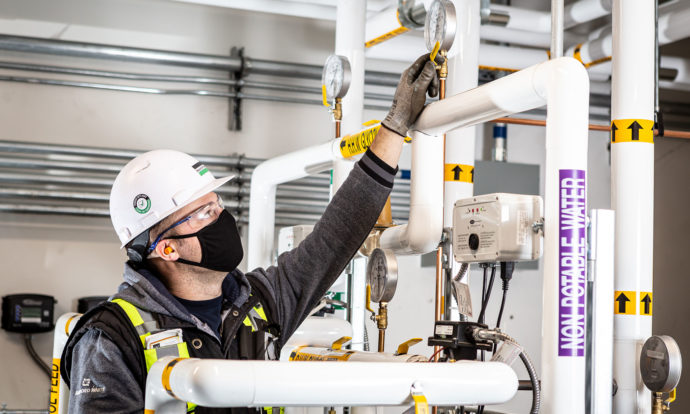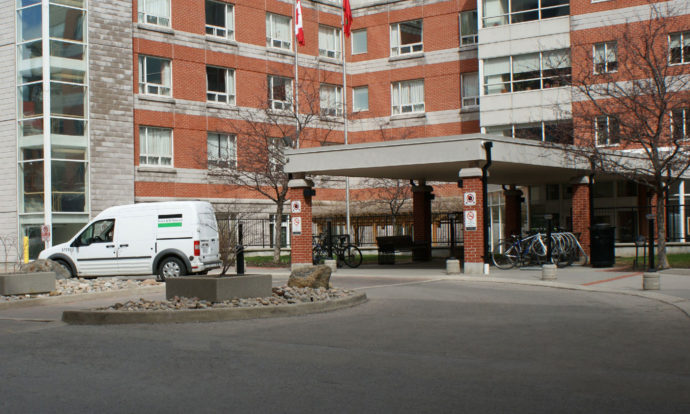Although there is a high uptake of immunizations as the COVID-19 crisis continues, the situation is still very fluid, which makes it difficult for organizations and facilities management leaders alike to plan well in advance. However, whenever your organization is planning for a full re-open or return, you may consider reviewing your facilities management preparedness and response plan. If you don’t have such a plan, it’s time to prepare one. The bottom line is that the building owner and facilities management team are ultimately responsible for the safe operation of a building.
With all the health and safety practices and protocols that emerged during the pandemic, you can expect that the authorities will update building codes and practices to reflect the newest and most efficient heath, ventilation, safety and security practices. This development, combined with government commitments to address climate change through more energy‑efficient buildings, will mean that your property or facilities-management team will need to stay on top of the reforms and new practices. If you can achieve this, you will save money, minimize risk, stay productive, provide a safe environment and increase asset values.
Consider going beyond the requirements and exceeding current code compliance to add value to your facility’s operations. Unwillingness to understand and comply with codes can have debilitating effects on any facility or property. Therefore, leaders in your organization and its facility service companies must be forward-thinking and nimble.
Here are four key areas to watch out for to make sure your compliance plans keep up with change:
1. Statutory and regulatory
Staying on top of statutory and regulatory changes can seem overwhelming, but it will pay off in the long run. A myriad of building and facility industry sectors, such as building automation, HVAC, fire safety, and energy management systems, are required to adhere to North American standards and building codes. Be they international, regional, municipal or industry-specific standards, the regulators’ push to make buildings more efficient and sustainable can actually drive down life-cycle costs and increase property values. Facility managers and landlords must stay on top of regional and local standards and building codes. It’s also important to leverage the expertise of facility services companies to obtain their perspective on changes and make sure any new projects, renovations or upgrades reflect the latest requirements.
2. Operational and financial
Beyond the building code, you also need to monitor and conform to operational and financial norms. Do your procurement, vendor management, financial reporting and accounting, information security and data governance, and health and safety policies reflect the latest rules and best practices? Many organizations have faced challenges, reputation damage, penalties and operational threats because of lax or absent policies and procedures. This is an unnecessary risk that could prove costly. Here is another opportunity to engage with your partners to minimize risks and share rewards by meeting and exceeding standards while achieving your business goals.
3. Contractual
In addition, do not lose sight of your master service agreements, labour and third-party contracts, and pricing arrangements. Breach of contract is a financial and legal risk where a minor infraction can lead to serious repercussions. If a facility services provider fails to keep building systems properly maintained in accordance with the master service agreement, the resulting equipment breakdown could halt operations. The physical risks can be worrying, and the company could also suffer greater financial, reputation and contractual ones.
Facility leaders must also comply with anti-discrimination laws, other HR-related rules, and company policies, not only in their own operations but also with their subcontractors. You do not want to be embroiled in a lawsuit due to a subcontractor acting improperly or failing to apply a new standard. Make sure that your agreements with subcontractors explicitly name standards compliance as their responsibility to protect your facility from potential harm.
4. Ethical
Finally, avoid further reputational damage and costly negative consequences from illegal and unethical behaviour. All facilities management leaders and their service providers should demonstrate a strong commitment to ethical conduct. Make sure that your standards and practices in your business are open and transparent, protect privacy and data security, discourage corrupt practices, are subject to financial controls, and encourage ethical behaviour.
If you remain aware and vigilant of these four areas of compliance, you can protect your facility and operations, save money, and increase the value of your assets.
At Black & McDonald, our facility services experts are available to help you achieve the goals for your facility and prepare for the most recent code compliance requirements. We can help you find immediate opportunities to improve your operation and develop the best tailored solutions to meet your facility requirements and reflect your property portfolio.

















